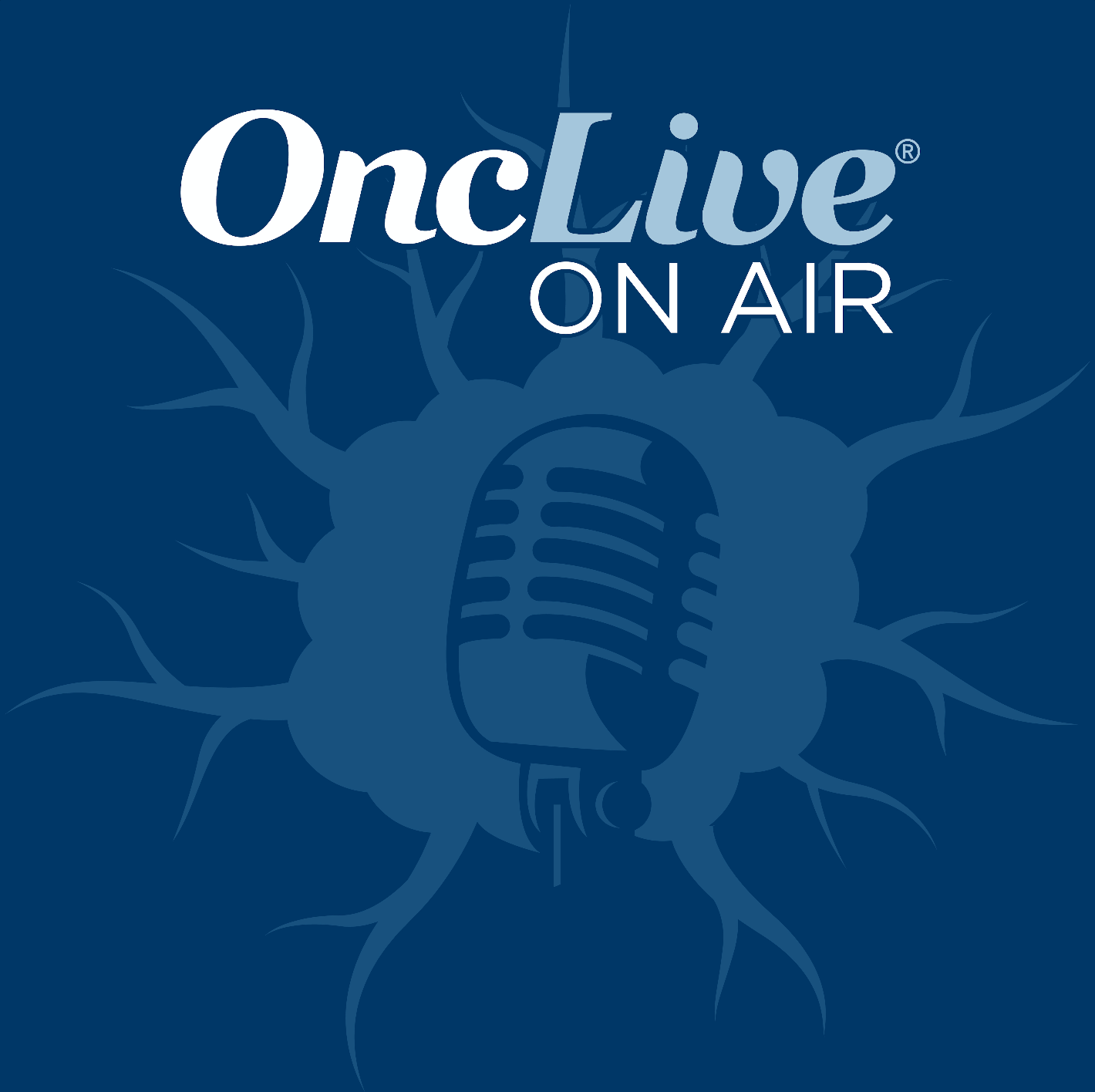Video
Utility of Genome-Wide Association Studies in Pediatric Oncology
Author(s):
Zhaoming Wang, PhD, bioinformatics scientist, Department of Computational Biology, St. Jude Children’s Research Hospital, discusses the utility of genome-wide association studies in pediatric oncology.
Zhaoming Wang, PhD, bioinformatics scientist, Department of Computational Biology, St. Jude Children’s Research Hospital, discusses the utility of genome-wide association studies in pediatric oncology.
The monogenic and polygenic associations to subsequent breast cancer risk in survivors of childhood cancer is currently being studied using whole-genome sequencing data. Although genome-wide associated studies like this have been successful, some in the community have doubts over their clinical utility, Wang says. Although more data are needed to support a clinical recommendation, this is the first instance in which evidence to support common variant effects were found in childhood survivors of cancer.
Wang explains that using a bigger sample size gives a greater picture of what is occurring in these patients. Additionally, Wang says that this is an era in which data like these can be clinically combined with rare mutations that can explain a lot of heritable breast cancers, rather than sporadic. Science is progressing, and there is promise in finding and managing high-risk patients for screening and cancer prevention at early stages.







%201%20(1)-Recovered%20copy.jpg?fit=crop&auto=format)